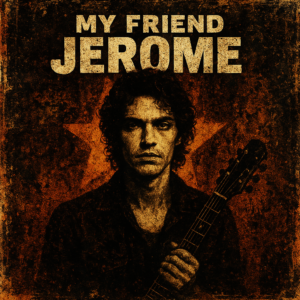 How does one speak of a legend when he is gone? How does one stand before the weight of loss and summon words mighty enough to contain his spirit? Jerome was my friend, my brother. The world may remember him as a musician, as a clone—but to me, he was something greater—a force, a star burning at its highest peak just before it vanished.
How does one speak of a legend when he is gone? How does one stand before the weight of loss and summon words mighty enough to contain his spirit? Jerome was my friend, my brother. The world may remember him as a musician, as a clone—but to me, he was something greater—a force, a star burning at its highest peak just before it vanished.
It was music that claimed him—a passion fierce and unrelenting. He pledged himself to its pursuit with the devotion of a knight. But music, as any artist will tell you, is not always a generous mistress. A man with less resolve might have faltered, turned his back on the dream for something safer, more certain.
Jerome had no grand designs of conquest, no thirst for crowns or thrones. And yet, ambition stirred within him—restless, insistent. He wanted to be a beacon, especially for the young clones drowning in the black sea of dread. He wanted to show them that they, too, could shape the world. That they could write their own legends.
So he swore himself to music with a fervor few could fathom.
His striking appearance—an unintended gift of the cloning process—was often remarked upon, yet it served him little in matters of the heart. He had grown wary of love, suspicious of its cost. He had seen too many fellow musicians surrender their art upon the altar of romance, only to watch their dreams diluted, swallowed up by the slow grind of compromise. He would not be like them. He would not be ensnared so easily. Women might admire him, but he would remain beyond their reach—his heart bound to a higher calling.
He chose solitude. But loneliness is a cunning thing. It does not arrive as an enemy, but as a whisper, creeping into the spaces left unguarded. It was in those moments of silence, when his music could not shield him, that the darkness made its case.
His life had been a relentless pursuit of a song always just beyond reach. Music had been his salvation, his war, his love.
And the women adored him—chased him like he was some untamed creature they could capture if they moved quickly enough. But Jerome was not meant to be caught. He was beautiful in the way a panther is beautiful, in the way fire is beautiful—dangerous, elusive, mesmerizing. He would lean in just close enough to make them believe they had him, then he’d smile, whisper something they’d remember for the rest of their lives, and vanish into memory. He could have had anyone, but he let himself belong to no one.
But maybe—just maybe—it wasn’t despair that took him. Maybe, in the end, Jerome did what he always wanted to do: prove, once and for all, that he was human. That he had free will. That no scientist, no pre-written sequence of DNA, could dictate his fate. In that final moment, he was a man who made his last and most irreversible choice.
A requiem was sung—not in cathedrals or concert halls, but in dimly lit nightclubs and casinos, where glasses were raised in quiet tribute.
But some of us aren’t so sure. The details were hazy. The reports, contradictory. No one ever saw the body—just rumors whispered in the clubs, strange sightings in the far corners of the country. Maybe he left, disappeared into the night, slipping away into legend like Jim Morrison, like Elvis.
Maybe he understood that true immortality isn’t in living forever—but in the stories that do.

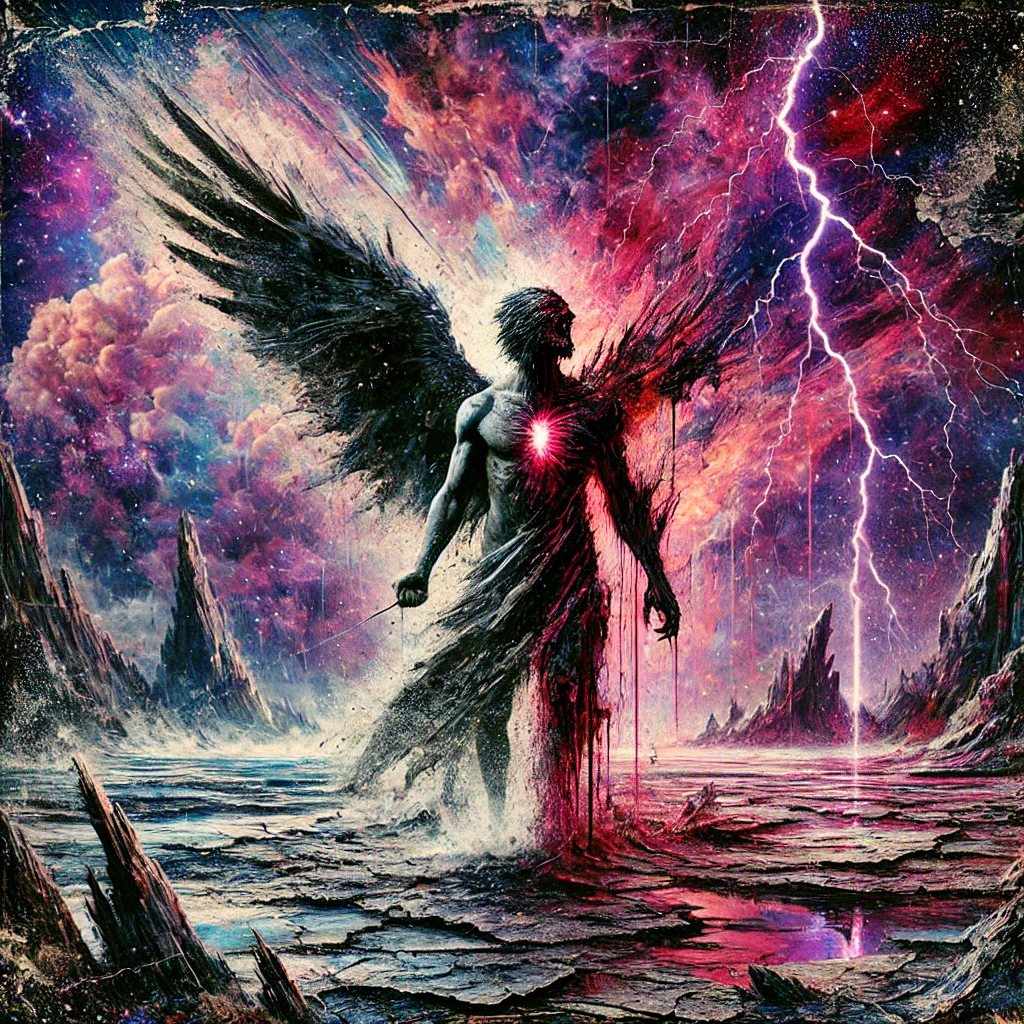
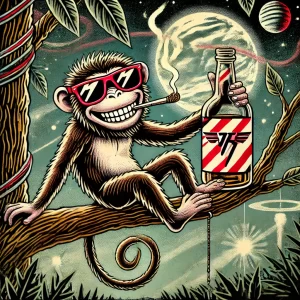 Even though shooting up cop cars while armed with two hot chicks and some paint-ball guns is terrific fun, we decided to quit while we were ahead, go to the mountain, and finish the Jack Daniel’s.
Even though shooting up cop cars while armed with two hot chicks and some paint-ball guns is terrific fun, we decided to quit while we were ahead, go to the mountain, and finish the Jack Daniel’s.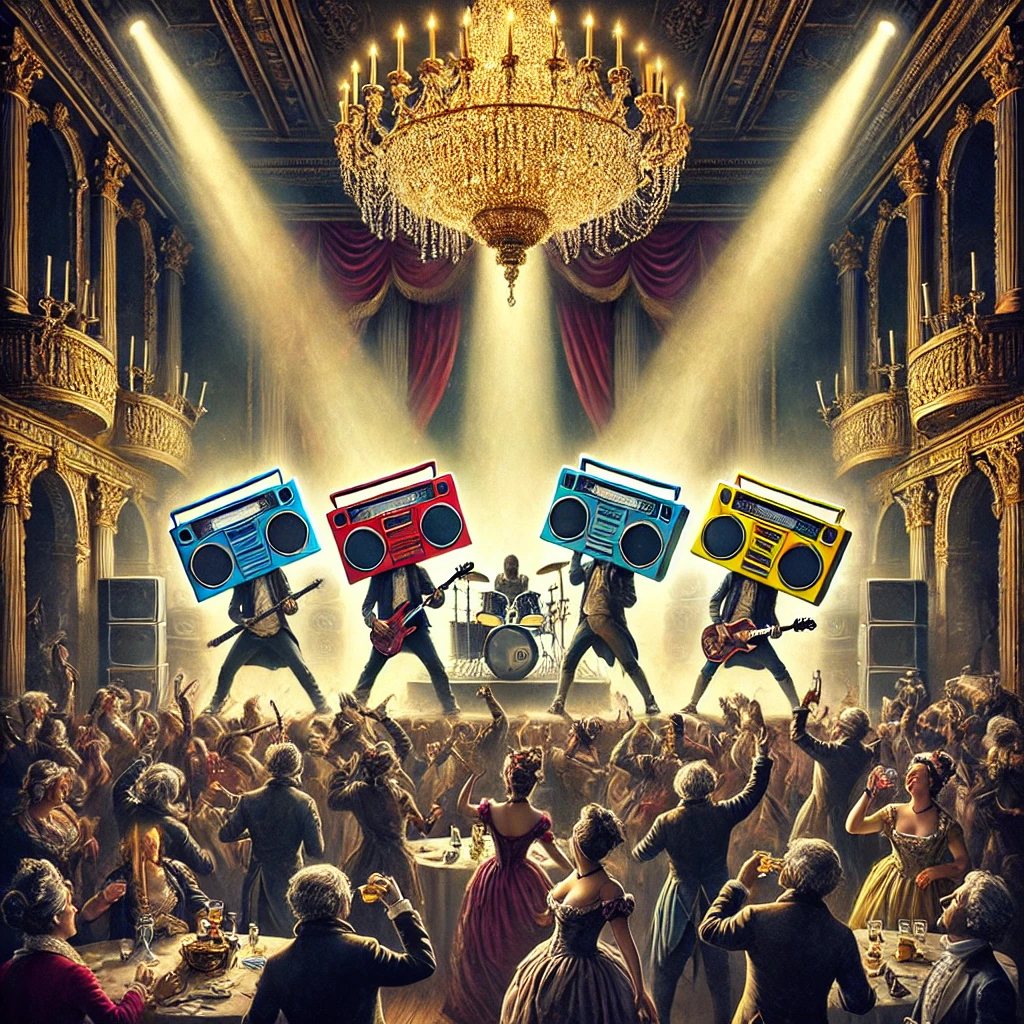 The clock struck three in the somber night as the four of us journeyed towards our grand performance. In music, the space between the beats is important. Life, too, unfolds in these spaces.
The clock struck three in the somber night as the four of us journeyed towards our grand performance. In music, the space between the beats is important. Life, too, unfolds in these spaces.
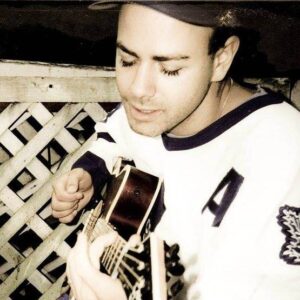 Thirteen years ago, the world bid farewell to a true and unique individual in Daeron Skye, a.k.a. Ham Salad, but best known as Skye.
Thirteen years ago, the world bid farewell to a true and unique individual in Daeron Skye, a.k.a. Ham Salad, but best known as Skye.